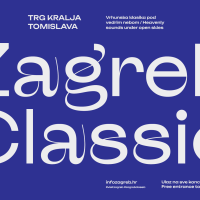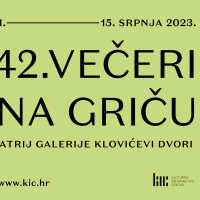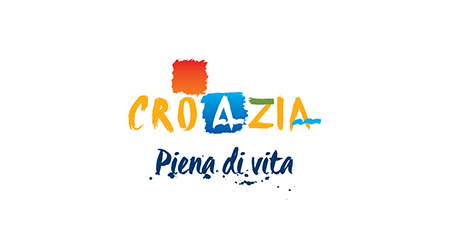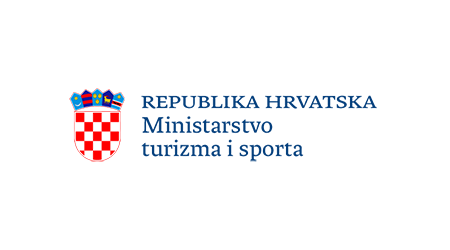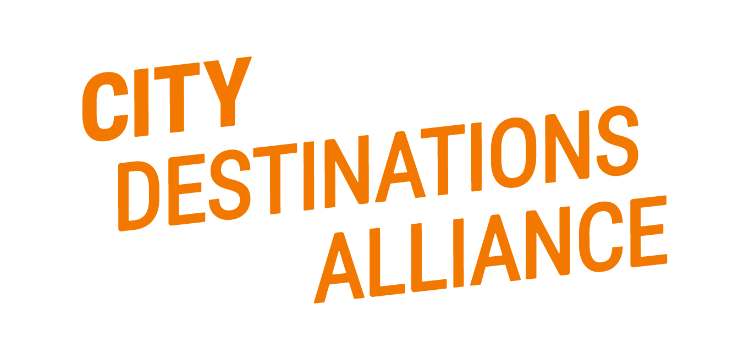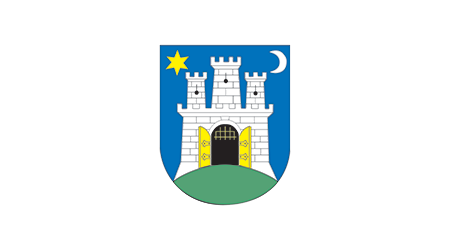Croatia joins the Euro and Schengen areas
On 1 January 2023 Croatia adopted the euro as its currency and fully joined the Schengen area.
With Croatia, 20 EU Member States and 347 million EU citizens will share the EU's common currency. As for Schengen, this is the eighth enlargement and the first after 11 years.
From Sunday, 1 January 2023, the euro will gradually replace the kuna as the currency of Croatia. In line with a consistent record of exchange-rate stability, the kuna will be exchanged at a conversion rate of 1 euro for 7.53450 Croatian kuna. The two currencies will be used alongside each other for a period of two weeks. When receiving a payment in kuna, the change will be given in euro. This will allow for a progressive withdrawal of the kuna from circulation.
The dual display of prices in kuna and euro became compulsory on 5 September 2022 and will apply until 31 December 2023.
Since its accession to the EU in 2013, Croatia has applied parts of the Schengen acquis, including those related to the external border controls, police cooperation and the use of the Schengen Information System.
The remaining parts of the Schengen acquis, which include the lifting of controls at internal borders and related measures, will become applicable as of 1 January 2023: checks at internal land and sea borders between Croatia and the other countries in the Schengen area will be lifted. Checks at internal air borders will be lifted from 26 March 2023, given the need for this to coincide with the dates of the International Air Transport Association (IATA) summer/winter time schedule.
Source: European Commission
Published: 02.01.2023
 Hrvatski
Hrvatski English
English Deutsch
Deutsch Spanish
Spanish French
French Italian
Italian Russian
Russian Korean
Korean Japanese
Japanese Chinese
Chinese